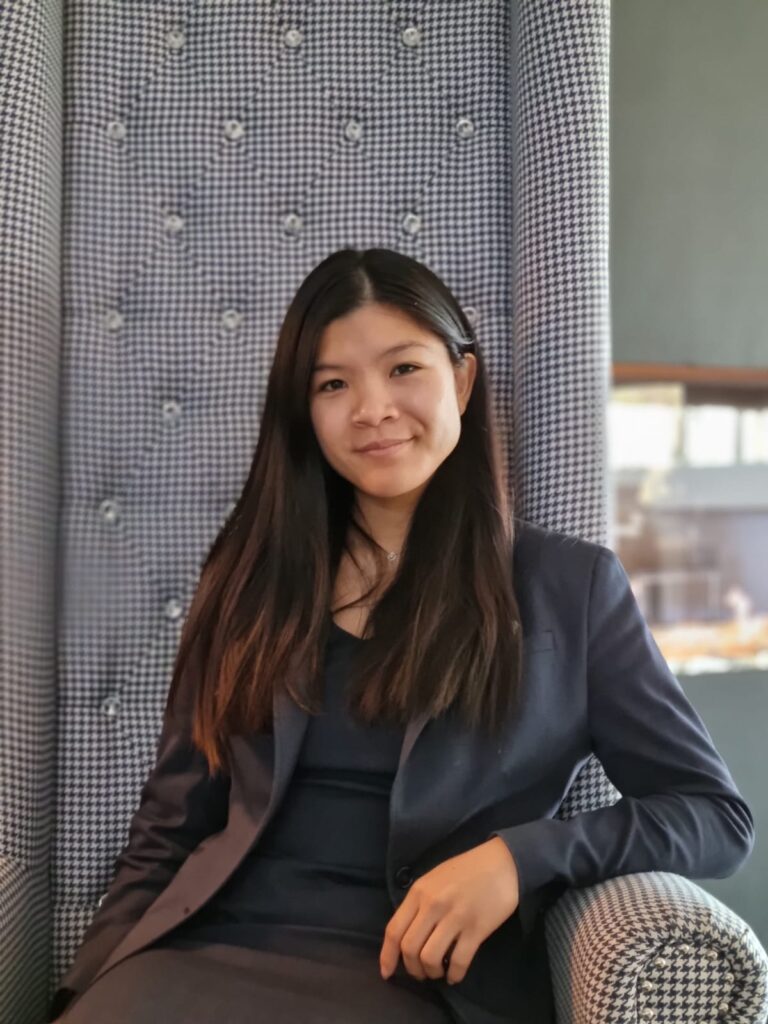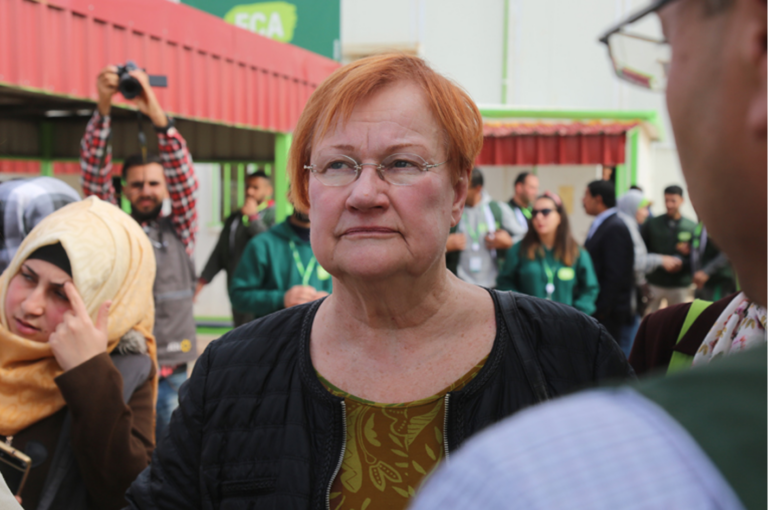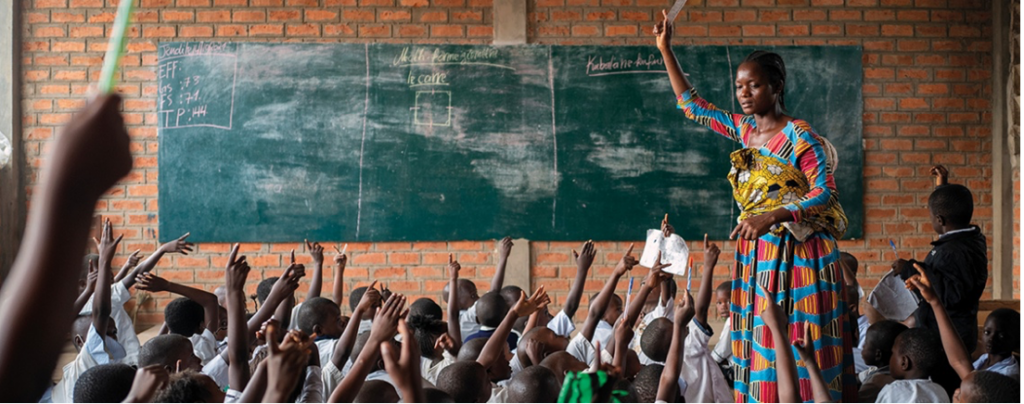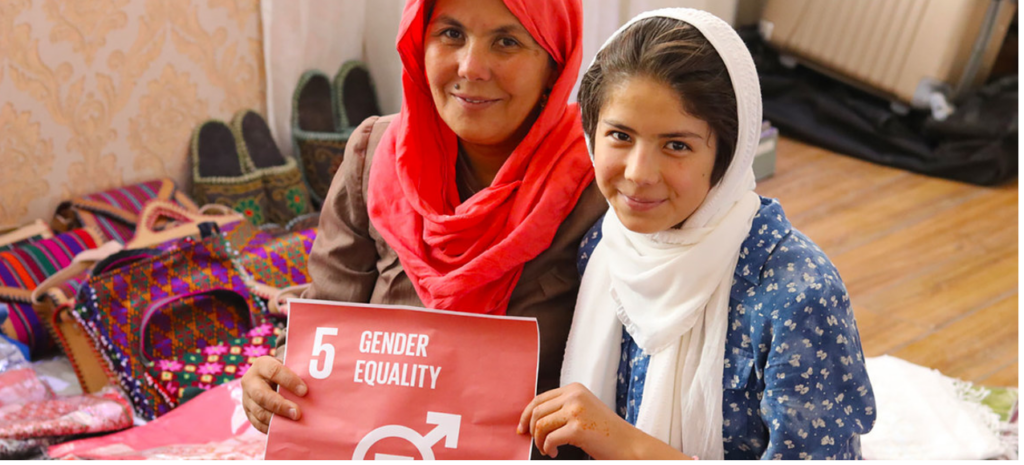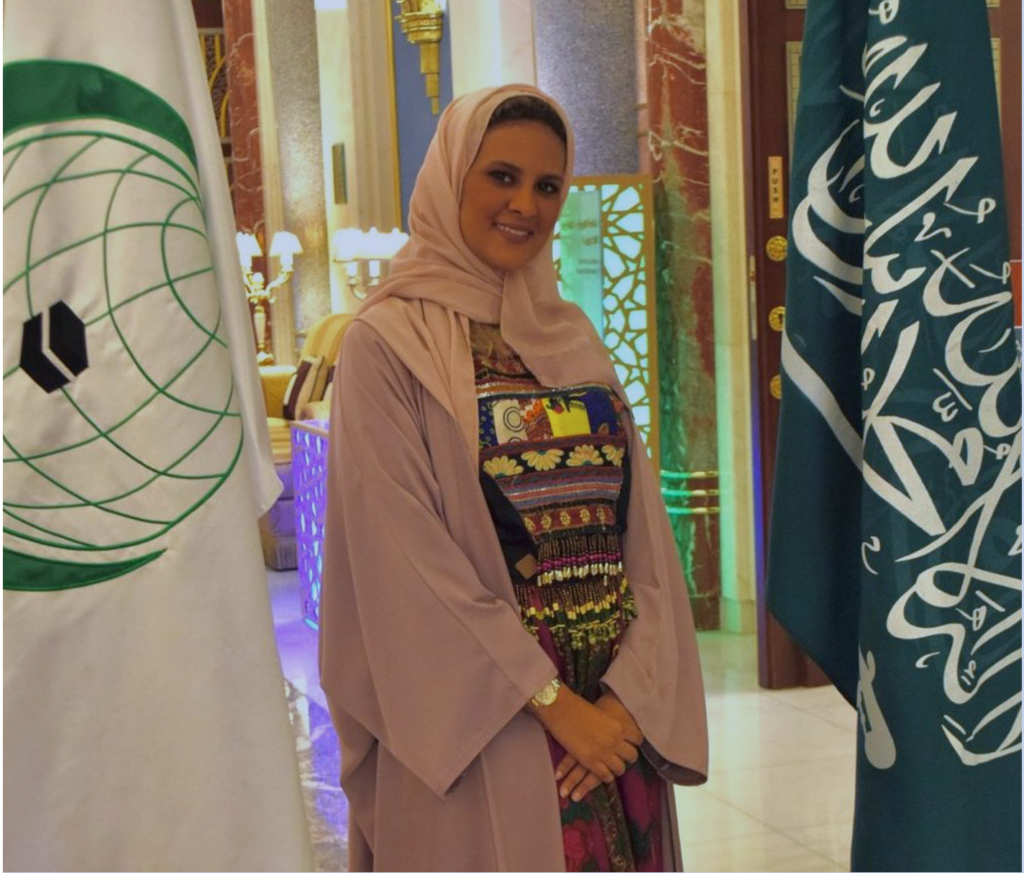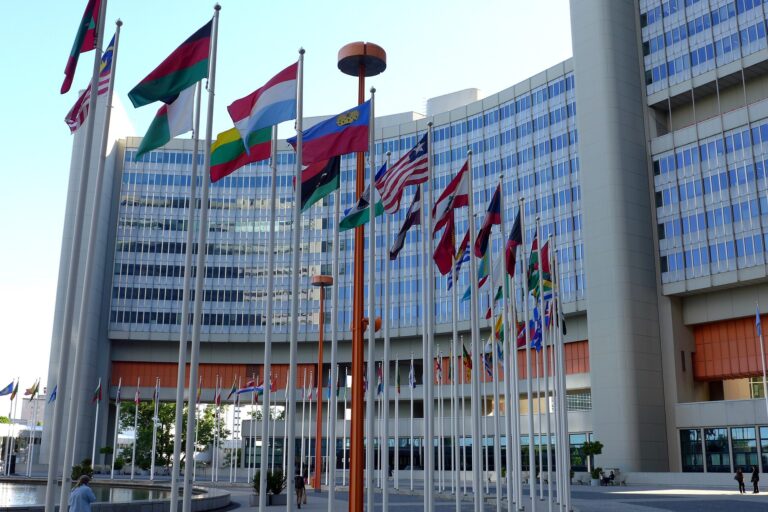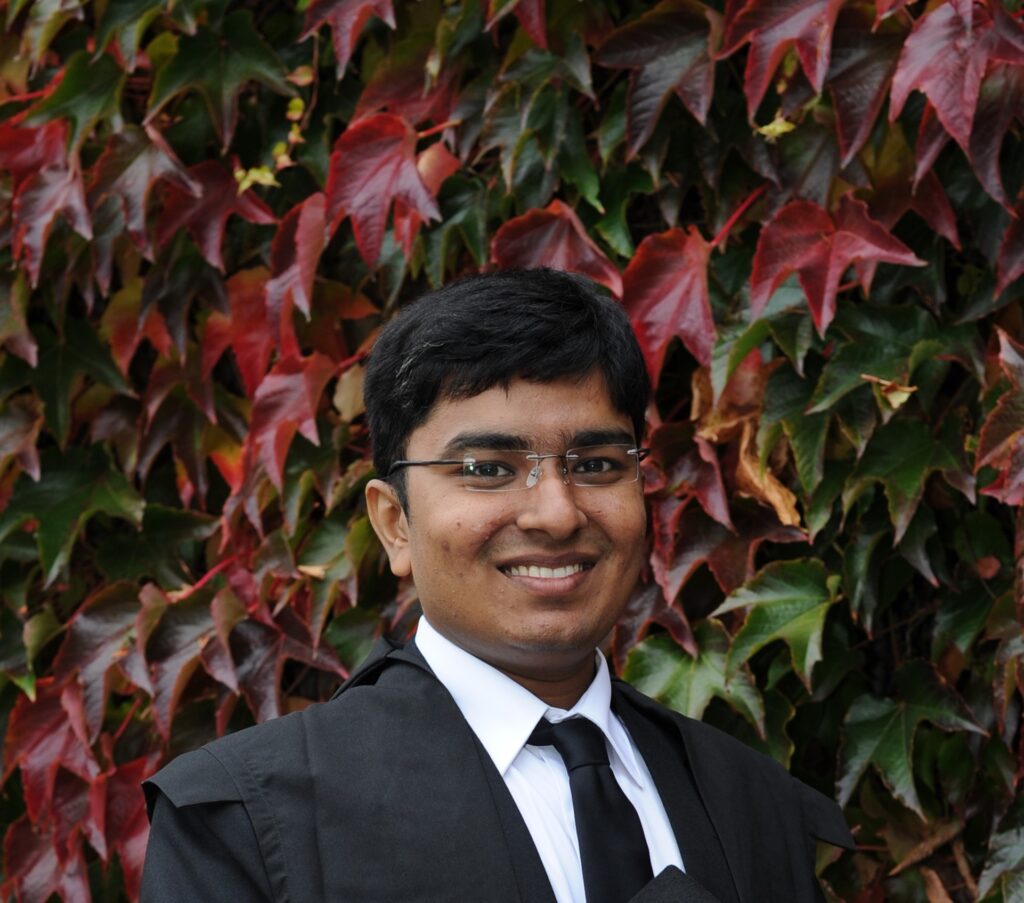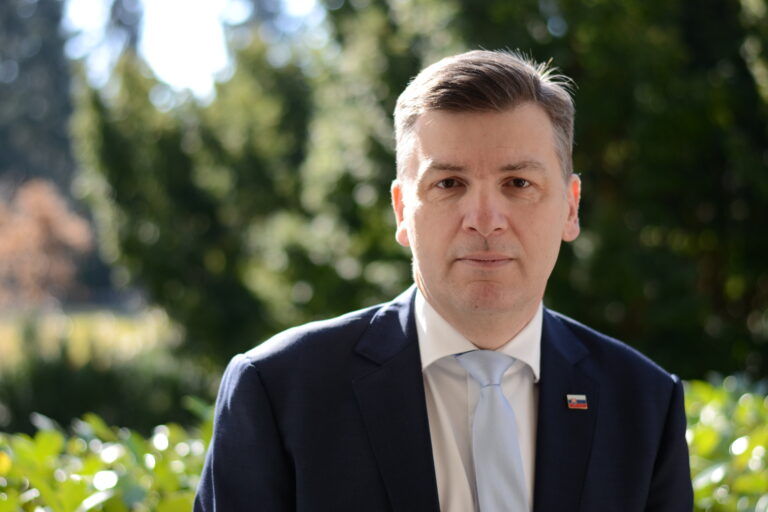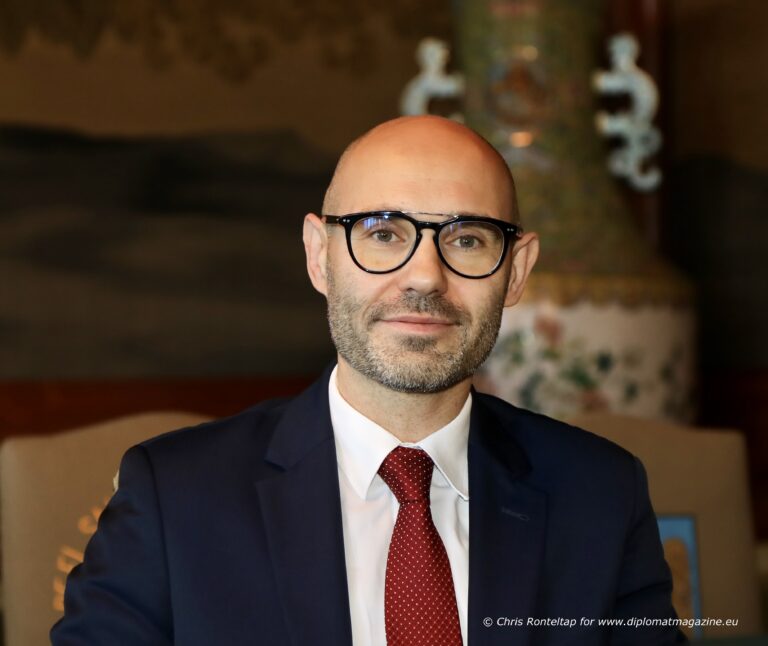The Leonardo Royal Hotel Den Haag Promenade is represented by both new and more experienced employees working together with passion as one team, to deliver great service and to depict the hotel’s values. In these monthly written pieces, there is a focus on their values and their approach to our international clients. Who are the employees as an individual? Allow us to introduce you to Chantalle Shen-Ai Kaljee.
- Nationality: Dutch
- Function: Groups & Events Executive
- Department: Booking Office
When did you start working at the Promenade Hotel?
Back in June 2019 I started working at the Promenade Hotel as a parttime Food and Beverage employee. It was just something I enjoyed doing next to my bachelors. However, I switched department and/or position few times since then. In July 2020, I started a six-month-internship as Food and Beverage Management Trainee. Per February 2021, I made a switch to the Booking Office and completed a Meetings and Events Management internship. Upon rounding off this final part of my studies and graduating from Hotelschool, the Promenade Hotel offered me a full time position as Meetings and Events Coordinator. Happily, I accepted this opportunity and executed this function for about a year. Last July, I promoted to Groups & Events Executive, which is my current position.
What was your first impression of the Promenade Hotel?
Warm, sincere, and family-like, which is something I expressed during the first months as an employee, back in 2019. When I was still living with my parents, in my hometown, I worked for a catering company for about 3 years. That company had a very similar environment and ambience, which is why it felt like a second home. I kind of grew up there. When I moved to The Hague, away from my parents, being quite young still (17), I was looking for a similar workplace. A place to feel at home away from home. So, imagine my delight when I found this welcoming and warm team at the Promenade Hotel!
What makes the Promenade Hotel suitable for welcoming people from all around the world?
Multiple things! To start with, the diversity amongst all our departments. Personally, I really consider it one of our unique selling points that we have such an international team. This way, we get to share our own traditions and habits with each other. It also enables us to connect and understand guests that may be from the same country.
What do you value most in the organization of diplomatic events at the Promenade Hotel?
Each diplomatic event is considered as individual, unique event, whilst keeping the experiences of previously organized events in mind. A way to show a personal and simultaneously professional approach to both old and new events and collaborations. Furthermore, I really appreciate the new things I learn from each country during the process of organizing and hosting a new event.
What did you learn so far by working with diplomats? Some tips, rules or values to share?
Many diplomats are in a way trying to find a place where they can feel at home, whilst being in a different country. This may be through making a real connection with for example staff and guests, frequently returning to a same place because of the friendly faces, or choosing a place because they serve a dish that tastes like home. One thing that they all seem to have in common is that even when they are on the clock, they also appreciate a bit of small talk and laughter during the business hours.
Which Food Festival has been your favorite so far or would you like to experience?
The very first time I experienced a Food Festival was my first day of shift, back in 2019. A very impressive day. If memory serves, it was the Philippine Food Festival. Due to it being my first day, I was not that focused on the special menu, traditional decorations and live elements. Therefore, I would like to experience it again. Other countries that were really appealing to me are Greece and Mexico.
What local food(s), from abroad, have you tried already?
When I go abroad, I always try and taste a local food or drink. Due to the majority of my friends being (partially) international, I also tried some foods and drinks because they brought it from home or made it for me. For instance, I have tried more common things as a Pastel de nata and Polvo à Lagareiro ( both Portugal) as well as more traditional dishes Bigos (Polish) and very authentically prepared foods, like Guanciale carbonara (Italy).
What is your favorite drink or dish at LEO’s International Flavors?
My personal favorite drink was definitely the LEO’S summer special: the Sangria. However, I do also really like the LEO’S Gin and tonic combination. For dishes… I always have a hard time choosing, so I am happy they offer a tasting menu!
What sustainable development goal do you value most? Why this one?
For me, all sustainable development goals are very important. I believe that none of these can exist well or will have the desired effect if the others are neglected. If I would have to single out one in particular, I think that clean water and sanitation would be the one I value most. During the pandemic we have seen the power of good sanitary facilities and services and the importance of it in regards to taking care of ones health. Additionally, water is one of the primary needs for us humans. Without sufficient supplies of clean water and proper sanitation, we would not be able to function and execute actions to reach the other goals.
What piece of good advice did you receive, and from whom, that you would like to forward?
After rain comes sunshine, after every storm, the sun always shines, or a similar quote that represents that nothing bad lasts forever. Impact may be of longer term, but the actual situation is ought to change one day, sooner or later.

